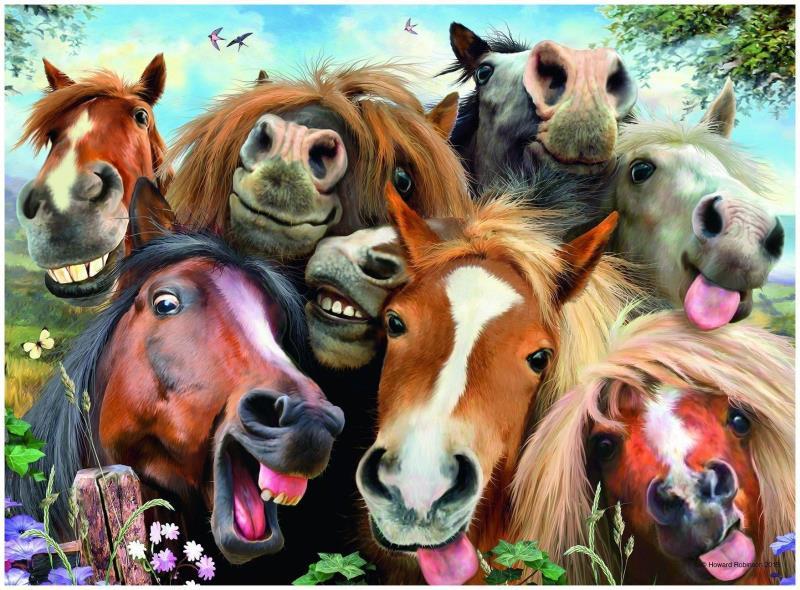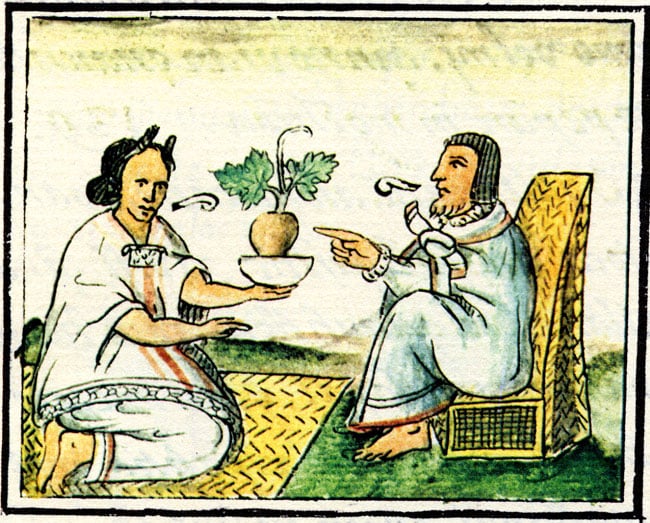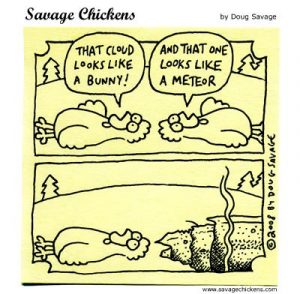 As it turns out, my job is considered “essential” by the State of California, and, as such, I’m still getting out to see horses regularly. As a medical professional, I’m keenly aware of recommendations to wear gloves, wash your hands, maintain a safe distance from people, etc. However, I’ve been asked repeatedly – and I’ve wondered myself, honestly – “Is it possible to get COVID-19 from a horse?”
As it turns out, my job is considered “essential” by the State of California, and, as such, I’m still getting out to see horses regularly. As a medical professional, I’m keenly aware of recommendations to wear gloves, wash your hands, maintain a safe distance from people, etc. However, I’ve been asked repeatedly – and I’ve wondered myself, honestly – “Is it possible to get COVID-19 from a horse?”
I think it’s an important question, what with many people being told to shelter at home and only leave if necessary. And, honestly, horses are pretty great to be around under and circumstances. Who wouldn’t want to be around them, unless….?
BUT FIRST, ONE THING ABOUT MEDICINE: In medicine, the word “never” is almost never used. There’s always a chance – no matter how small – for which science wants to leave an open door. So, for example, you could say, “Is there a chance I could get hit in the left arm with a meteor today?” and a medical scientist would say, “Well, there’s a chance…” And the scientist would be right, of course. But the question isn’t whether or not there is a chance, it’s how likely the chance is to occur. With meteors, as with horses and cornonavirus, that chance is about like that of getting hit in the left arm by a meteor. I don’t know about the right arm, however.
BUT DIDN’T THIS ALL START WITH ANIMALS IN THE FIRST PLACE?
 Well, yes, it sure seems that way. It’s also a fact that bacteria, viruses, fungi, and parasites all regularly spread between animals and humans (in both directions). These sorts of diseases are called “zoonoses.” Zoonoses can spread through direct contact, indirectly by air, water, or contaminated objects, or through a host, e.g., a mosquito. Often, a virus that’s no big deal in the host species can be a big problem for another species, for example:
Well, yes, it sure seems that way. It’s also a fact that bacteria, viruses, fungi, and parasites all regularly spread between animals and humans (in both directions). These sorts of diseases are called “zoonoses.” Zoonoses can spread through direct contact, indirectly by air, water, or contaminated objects, or through a host, e.g., a mosquito. Often, a virus that’s no big deal in the host species can be a big problem for another species, for example:
- The protozoan parasite that causes EPM in horses doesn’t bother birds, racoons, or opossums much.
- The virus that causes cold sores in humans is usually fatal to monkeys.
In fact, around the word, infections that spread between humans and animals cause millions of human deaths every year, and most of the new human infectious agents started in animals. There are over a million unknown viruses in birds and mammals, and a good number of those could ultimately pose a risk to people.
But not, so far, with horses.
DO HORSES GET CORONAVIRUS?
Yes, they do, but not this one. In horses, coronavirus causes diarrhea, and it’s spread from horse-to-horse when horses eat each other’s manure (delightful, I know). People can’t get the equine coronavirus. It’s also a relatively rare problem in horses. CLICK HERE if you want to learn more about equine coronavirus.
OK, DO HORSES GET COVID-19?
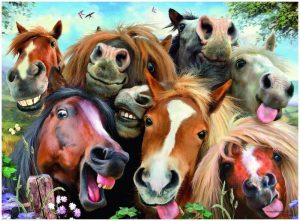 So far, no horses have been identified as having COVID-19, and there are no known instances of the virus being transmitted by horses. That said, it shouldn’t be a big surprise to learn that no one has actually tried to see if a horse can transmit the COVID-19 corona virus. There are more pressing questions, I’m sure. However, based on research in several species, I think one can say with a great deal of confidence that horses are extraordinarily unlikely to get COVID-19 themselves. As such, there’s essentially no danger that the horse can get infected and then give you the virus directly by sneezing on you, coughing on you, slobbering on you, or any of the other delightful ways that horses can find to put their yuck on you. This goes for dogs and cats, too, by the way – neither the World Health organization nor the US Centers for Disease Control and Prevention have found any cases of animals getting sick from the virus. Plus, one large veterinary lab has tested thousands of dogs and cats for the virus: so far, no cases have been found. This also means that horses (and pets) are extremely unlikely to be a direct source of infection.
So far, no horses have been identified as having COVID-19, and there are no known instances of the virus being transmitted by horses. That said, it shouldn’t be a big surprise to learn that no one has actually tried to see if a horse can transmit the COVID-19 corona virus. There are more pressing questions, I’m sure. However, based on research in several species, I think one can say with a great deal of confidence that horses are extraordinarily unlikely to get COVID-19 themselves. As such, there’s essentially no danger that the horse can get infected and then give you the virus directly by sneezing on you, coughing on you, slobbering on you, or any of the other delightful ways that horses can find to put their yuck on you. This goes for dogs and cats, too, by the way – neither the World Health organization nor the US Centers for Disease Control and Prevention have found any cases of animals getting sick from the virus. Plus, one large veterinary lab has tested thousands of dogs and cats for the virus: so far, no cases have been found. This also means that horses (and pets) are extremely unlikely to be a direct source of infection.
I say “extremely unlikely” because, in spite of all of the negative tests, there have been a few – a very few – instances in which COVID-19 was found in small animals (not horses). In two dogs and a cat in Hong Kong, and maybe a sick cat in Belgium, the virus was found, in the homes of owners with COVID-19 (other tests, on other animals, in the same locales, have been negative). But not horses. The bottom line is that while there are, what, 1,000,000 positive human tests in the world, in domestic animals, it doesn’t seem to be a problem.
CAN I GET MY HORSE SICK?
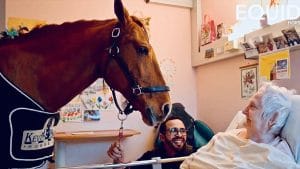
Check out this video on YouTube! https://www.youtube.com/watch?v=m4HEuLn6Bdg
If, heaven forbid, you’ve had COVID-19, it’s extremely unlikely that you could get your horse sick. Even so, out of a sense of general humanity, if you were sick with COVID-19, it would be a good idea to take some precautions. If you were sick with COVID-19, the best thing to do would be to avoid needless contact with your horse. If wild horses couldn’t keep you away from your horse under any circumstances, you should at least wear a mask and gloves, disinfected tack and grooming equipment, and stay away from other people. Even better, if you’re sick, how about staying home to take care of yourself and letting a healthy friend take care of your horse. It’s always good to have a plan in place.
Oh, one other thing. Speaking on behalf of me and my colleagues, who have generally been deemed “essential caregivers,” if you’re sick, and your horse gets sick, and you call your veterinarian, please let your veterinarian in on the fact that you’ve been sick if you plan on being at the appointment.
BUT COULDN’T A HORSE TRANSMIT THE VIRUS?
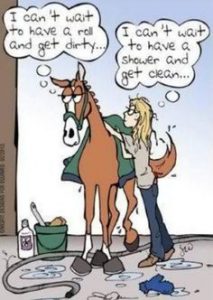 I mean, sure. You could easily come up with some scenario where a horse could theoretically transmit the virus to a person. Say someone who is sick with the coronavirus is out seeing his or her horse. That person sneezes and coughs and wipes his or her nose on the horse’s muzzle. Shortly thereafter, a neighbor decides to rub his or her face into the horse’s muzzle (which is, after all, the softest known place on the planet). That person also has an aversion to washing his or her hands or face after rubbing on a horse’s muzzle. But, really, how likely is that?
I mean, sure. You could easily come up with some scenario where a horse could theoretically transmit the virus to a person. Say someone who is sick with the coronavirus is out seeing his or her horse. That person sneezes and coughs and wipes his or her nose on the horse’s muzzle. Shortly thereafter, a neighbor decides to rub his or her face into the horse’s muzzle (which is, after all, the softest known place on the planet). That person also has an aversion to washing his or her hands or face after rubbing on a horse’s muzzle. But, really, how likely is that?
The bottom line is that it’s highly unlikely that a horse could transmit the virus from one person to another. And, according the US Centers for Disease Control, and the American Veterinary Association, as well as other sources, there’s no reason at all to thing that domestic animals are a reservoir of COVID-19.
IS THERE A TEST FOR HORSES?
No. If you’re horse gets sick, call your veterinarian. It’s business as usual, insofar as horses go.
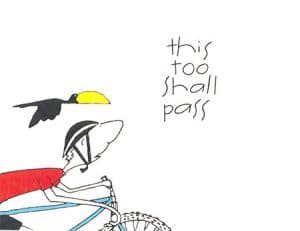 SHOULD I GET MY HORSE OUT TO EXERCISE?
SHOULD I GET MY HORSE OUT TO EXERCISE?
Yes. Horses need exercise – pretty much the more, the better. It’s good for the horse – it’s good for you, too.
TO SUM IT UP
Insofar as horses and COVID-19, you’re not going to be getting sick from your horse and your horse isn’t going to be getting sick from you. So, spend time with your horse if you can – but for goodness sakes, pay attention to the health advice from the authorities.
Lastly, keep in mind the adage that seems to have originated in the medieval Levant: “This, too, shall pass.”

